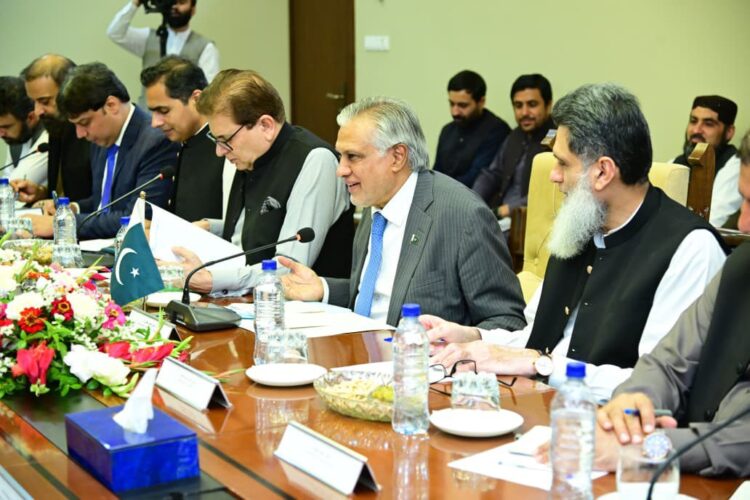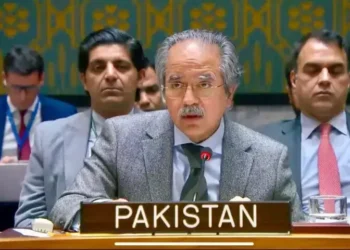ISLAMABAD; Deputy Prime Minister and Foreign Minister Ishaq Dar confirmed on Friday that Afghanistan had issued a demarche to Pakistan’s ambassador in Kabul after accusing Islamabad of carrying out drone strikes inside Afghan territory.
According to Afghan authorities, at least three people were killed and seven injured in separate incidents in Nangarhar and Khost provinces, which they claimed were the result of Pakistani strikes. However, no evidence was provided by Kabul, and Islamabad has not officially commented on the allegations.
Speaking to reporters in Islamabad, Dar said he had only just received a copy of the letter delivered to Pakistan’s envoy in Kabul and stressed that the matter required further examination. “This needs investigation … it’s too early to say anything,” he remarked, avoiding a direct response on whether Pakistan was involved in the alleged attacks.
Dar reiterated that Pakistan’s primary demand from Kabul was to prevent the banned Tehreek-i-Taliban Pakistan (TTP) from using Afghan soil for cross-border terrorism. “We asked them to either move these people away from our borders or hand them over to us,” he said.
Highlighting the importance of regional connectivity, Dar pointed to the Uzbekistan-Afghanistan-Pakistan Railway project, calling it a “game-changer” for trade and stability in the region. “Their development and stability is in our interest … once the railway system is complete, it will open a new era of connectivity with Central Asia,” he added.
Dar also expressed confidence in Kabul’s intentions, saying that during his bilateral meeting with Acting Afghan Foreign Minister Amir Khan Muttaqi, both sides reaffirmed cooperation on border management, counter-terrorism, and regional peace.
Islamabad has consistently urged Kabul to ensure that Afghan soil is not used to stage attacks in Pakistan, warning that it reserves the right to act against terrorists threatening its security.
Earlier this month, Pakistan, China, and Afghanistan agreed to enhance joint efforts against terrorism and deepen collaboration in trade, regional development, health, education, culture, drug control, and the extension of CPEC into Afghanistan.



































































